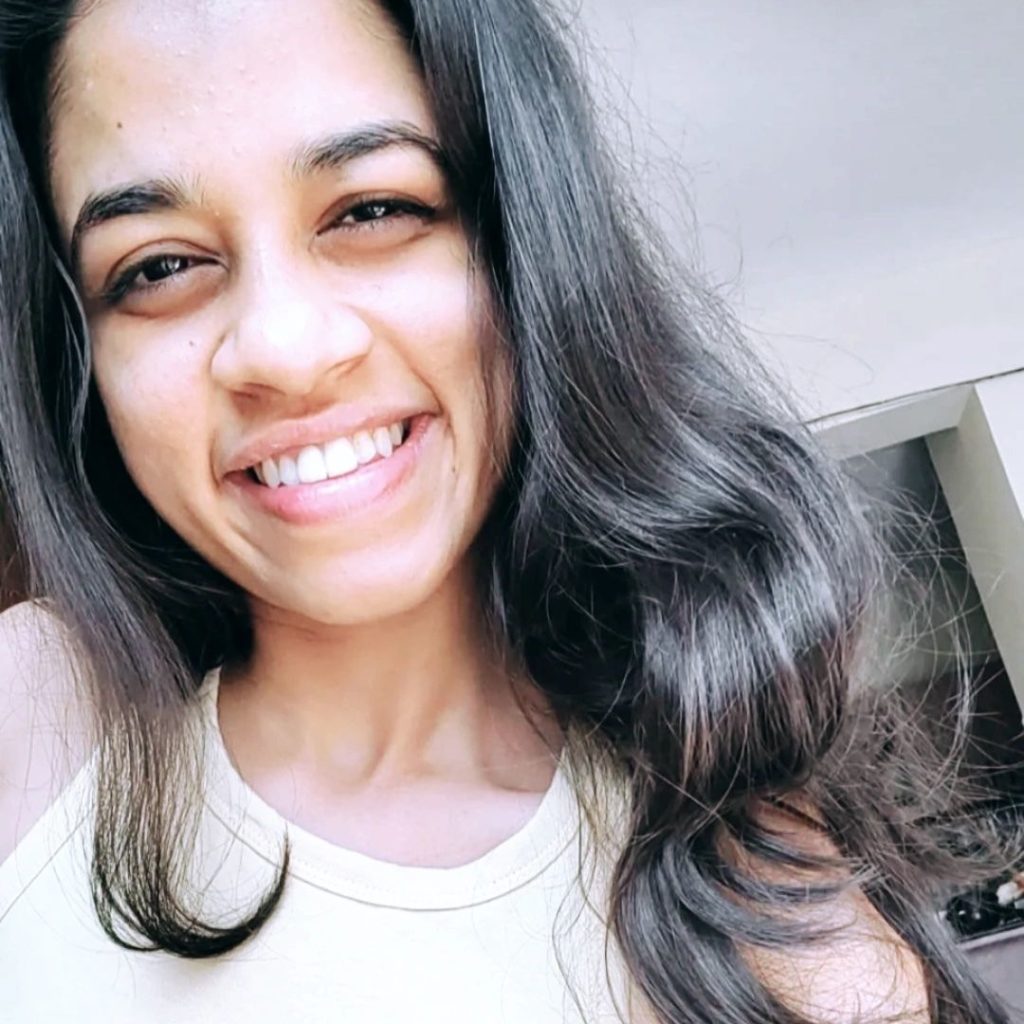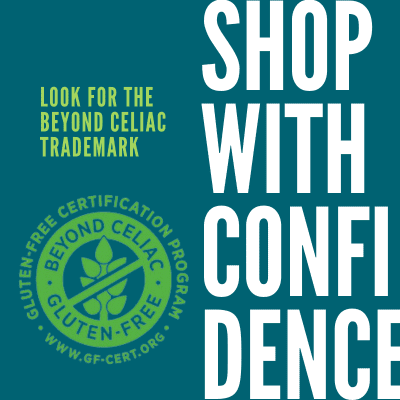Describe your life prior to diagnosis:
In 2020 I started experiencing symptoms like stomach issues and rashes, and I didn’t have the energy that I used to. I was shocked by unexplained weight loss and became anxious about what I ate.
I was working toward my Master’s degree at that time, and it became very difficult to balance academics and health. The symptoms kept getting worse, and I struggled to explain what was happening to me.
How did you come to know (or suspect) that you have celiac disease?
I was certain there was something more to my symptoms, but unfortunately everyone just questioned my habits and my lifestyle. After seeking multiple medical consultations, I finally met a doctor who understood what I was trying to explain. I then had a blood test and an endoscopy, both of which confirmed that I had celiac disease.
If you were diagnosed, who made the diagnosis?
The gastroenterologist in my hometown, Jabalpur, diagnosed me. My father collected my health reports and so he was the one who broke the news to me, although at the time it didn’t really sink in that I had celiac disease. I was relieved that we could at least figure out what the problem was.
How long did it take for you to get diagnosed since your first symptoms and what (if any) challenges did you face along the way?
It took me about nine months to figure out what the real problem was. When I got my diagnosis, I was relieved at first, and in the first few months I spent a lot of time researching and studying celiac disease. I was so curious that the first thing I used to do in the morning was watch a video or read a story about celiac disease.
I feel I had been dealing with it fairly well, but when it really sunk in that I have celiac disease, it became difficult to face life every day. Waking up and deciding on the three meals to eat that day was a tough task. Life became all about resisting, convincing, tolerating, fighting food anxieties and finding substitutes. One random day, this big part of my life was taken away and I could no longer say, “I want what you are having.”
Do you believe anything could have sped up your diagnosis? If so, please explain:
Yes, definitely. I think if people were more aware of the existence of celiac disease, then it would have been easier. Many people told me that I wasn’t eating properly instead of thinking that there might be some actual problems going on.
Also, I would say it could be my fault as well; had I listened to my body carefully I would have approached the issue in a different way.
Describe your experience with living with celiac disease:
It has only been one year since I was diagnosed, so I am still adapting to it. I need a bit more time to accept that this is my new normal. There have been days when I handled my issues with confidence and days when I felt shattered. It may sound extreme, but I’ve had days where it feels like things are too good to be true, days when I feel like a superwoman taking care of everything, and days that are very frustrating.
I remember one morning when I woke up really sick and there was nothing cooked at home and we could not order anything. I had to take medicine for a fever and we were so confused about whether or not it was safe for me. At that time, there were people who thought giving me a gluten-filled biscuit was okay because they thought the gluten wouldn’t harm me as much as the fever would.
On one hand, I’m amazed by how supportive the people around me have been, which is the only thing that keeps me alive sometimes, but on the other hand I am saddened by how lightly these issues are taken at, say, a restaurant or a random gathering.
I just want people to be aware of celiac disease, and at the same time I want people with celiac disease to be comfortable sharing their stories (which is very tough) and asking for what they want in public places so they can experience normal life.
Is there anything else you’d like to add to your story?
I am extremely grateful to have found reasons to be happy other than food, which used to be the main one. But I also know I cannot live in a gluten-free bubble and will have to fight my condition all day, every day. I want there to be greater awareness about such health issues and more inclusion.



